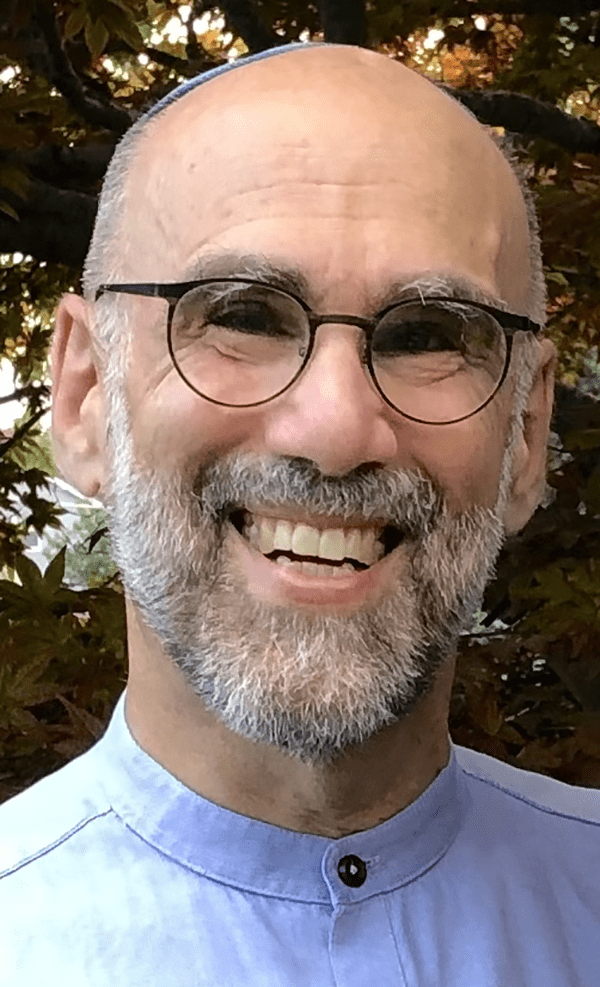Words / yom ha’atzma’ut
Like so many other commentators — ancient to modern — Rabbi Lord Jonathan Sacks elaborates on the construct of tzara’at, an unidentified skin ailment, as recompense for evil speech, lashon hara. Long-ago rabbinic wordplay connected tzara’at to words, speech, that can be hurtful. Aside from a clever acronymic derivation, why would the sages have focused on speech?
Makin’ Matza!
My recent posts...
Selling Chametz
Even if you don’t keep a kosher kitchen, and/or you don’t “convert” your kitchen for Pesach, there is still spiritual value in selling your chametz: You are engaging with myriad Jews worldwide in a practice that can be traced back to Torah and, if you include a donations to “ma’ot chitin,” you are enabling those in need to more fully celebrate Pesach.
A Few Things About Pesach (With lots of links)
There is a wealth of information about Pesach (and the challenges of this year) at Exploring Judaism.org.
Hearing Eicha / Lamentations
We yearn for God’s voice at our most challenging times.
What if we don’t hear it?
The poet Adrienne Rich: “Do not [confuse] silence with any kind of absence.”
Every art medium — from music to oratory, sculpting to calligraphy — requires negative spaces. Pauses, rests, breaths, openings, unpainted areas add nuance, definition; without them, there would be much less there.
The words of Eicha / Lamentations, the biblical scroll we chant on Tish’a b’Av, express our peoples’ cries of distress, their agonies of suffering, of separation. (God is not heard speaking.) The vicious depredations visited upon the Jews of Jerusalem when the Babylonians destroyed the First Temple in 586 BCE are portrayed in emotive, devastating language, evoking keening and protestations of grieving.
Chanting Eicha on Tish’a b’Av entails a responsibility to do more than be accurate. I believe that every public reading from our sacred writings should be an attempt to convey in the tones and the silences a meaning of that text. A reader should try to make the listener hear the story, feel the story.
I do not suggest that one employ character voices when reading Torah, for example, though that can be marvelous for the Scroll of Esther on Purim! Rather, one can meaningfully chant the Hebrew, or a well-crafted English translation, in ways that enhance the text.
What we hear in the words, in the inflections, in the pauses, can enrich the experience and understanding of our written legacy, texts that convey our history and hopes, lore and legend, triumphs and tragedies.
Join us this Saturday night,* or on any Shabbat or festival, to listen for God’s voice and the ancient voices of our people; they are speaking to us.
*9:15 pm; in person and on Zoom.
Click here for the meeting ID. Passcode 7116700.
Shabbat shalom! שבת שלום


